This is part II of a three part series on the struggle for Catalan independence (you can read part I here). I want to reiterate, again, that I am only one perspective on an infinite spectrum of lenses.
The Spanish Civil War is one of those weird, terrible, rarely mentioned, events in history. As a kid you’re taught that there’s a “good guy” and a “bad guy” in war, and you always want the good guy to win. And, in almost all stories, the good guy does win (in the most simplified inaccurate description possible). Some of the more strange parts of history have been the exception, like the Vietnam War. I’m not saying the USA, or another allied country, was the good guy in the war… not at all, but that’s how they were depicted by many people at the time. In the Spanish Civil War, the good guys did not win. The fascists won. A Nazi Germany and Fascist Italy supported military coup won in Spain. In 1939, Francisco Paulino Hermenegildo Teódulo Franco Bahamonde (Franco) declared himself the Head of State and Government (a title identical to Der Führer in Germany, ie: Hitler).
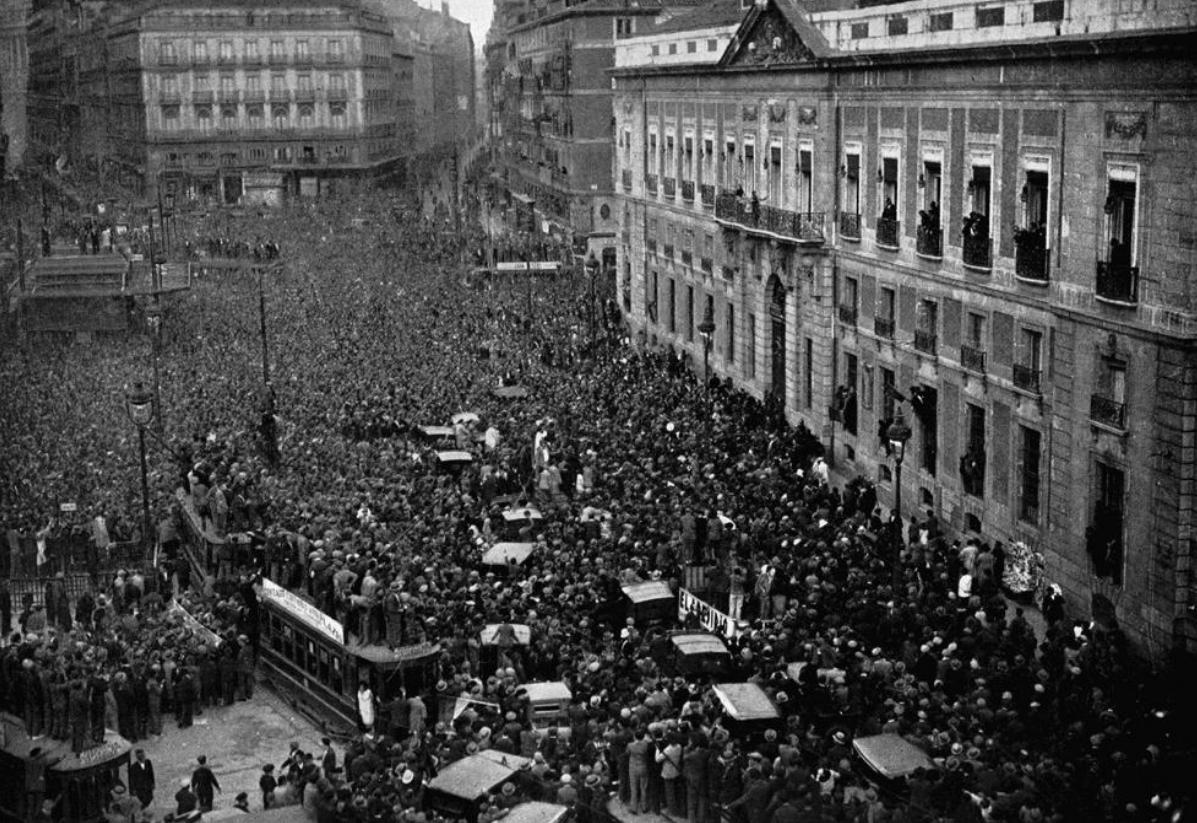
People celebrating the proclamation of the Second Republic in Madrid
So, what led to the Spanish Civil War? It’s an incredibly complicated and detailed backlog of transition, corruption, poverty, and ideological clashes. The war was an outcome of a polarization of Spanish life and politics that had developed over previous decades. Before the war, Spain had switched between a republic and a monarchy a couple times. These gaps and transitions allowed for military coups and rebels to take advantage of the instability of the country. The republic tried to reform the monarchy and the previous government. The government went heavily against the privileges of the upper-class, and the Catholic Church. This obviously caused some upset in those ranks. These same people, in addition to important elements of the military, most landowners, and many businessmen, formed the Nationalist movement.
On the other side, the Republicans, were urban workers, mostly agricultural laborers, and many of the educated middle class. They supported the previously formed republic and starkly went against the classist goals of the military. For them, the republic was a way to modernize Spain and to protect the rights and interests of the middle and lower classes.
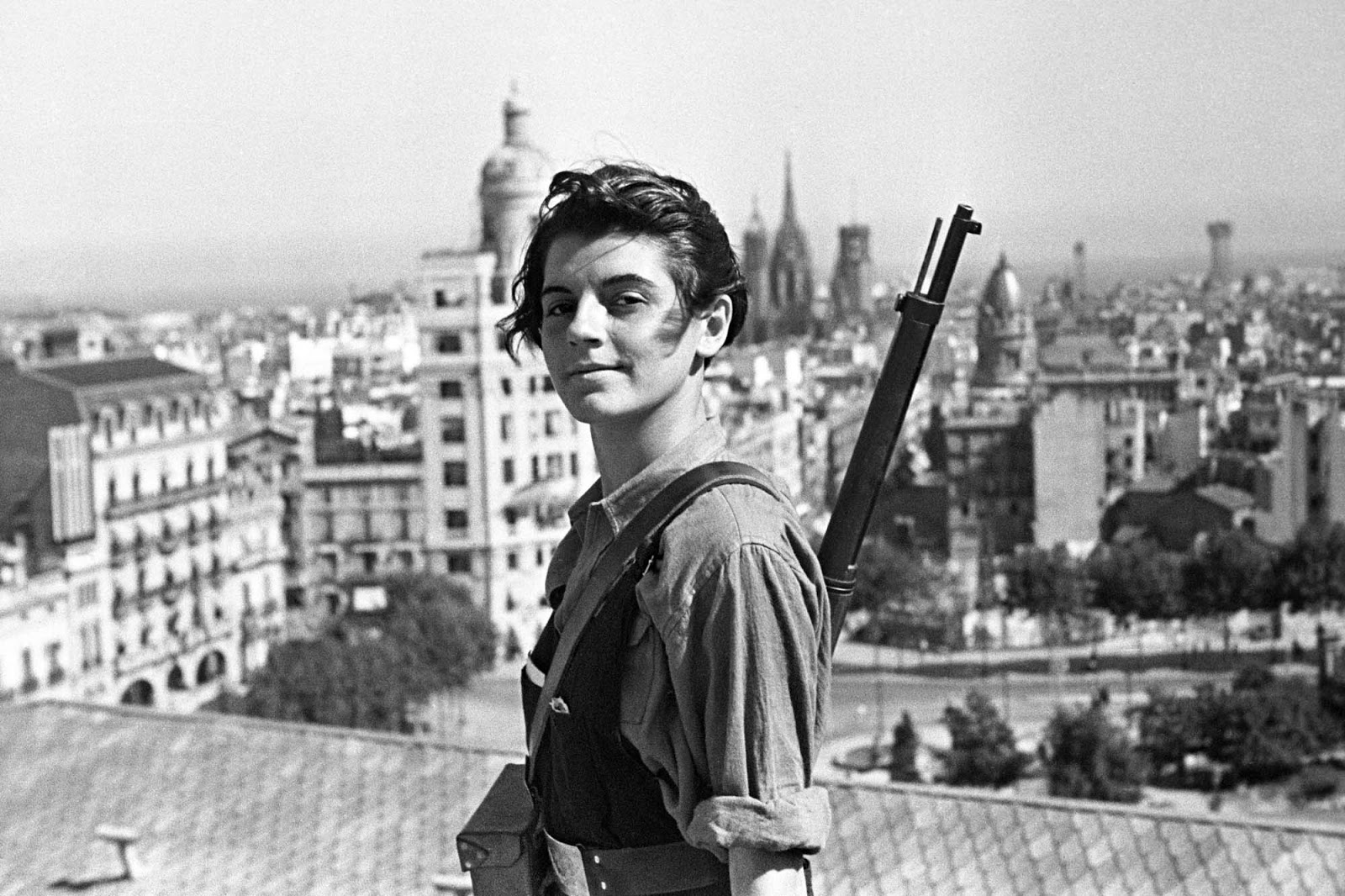
Marina Ginesta, a 17-year-old communist militant, overlooking Barcelona during the Spanish Civil War, 1936
In addition, there were many other parties that allied themselves with the Republicans or Nationalists, such as the Fascists, and the Anarchists. All these groups of people represented the entire political spectrum, covering monarchism and conservatism to liberalism and socialism. This was part of the problem with Spain. Everyone wanted different things for the country, and there were distinct differences between all the ideologies.
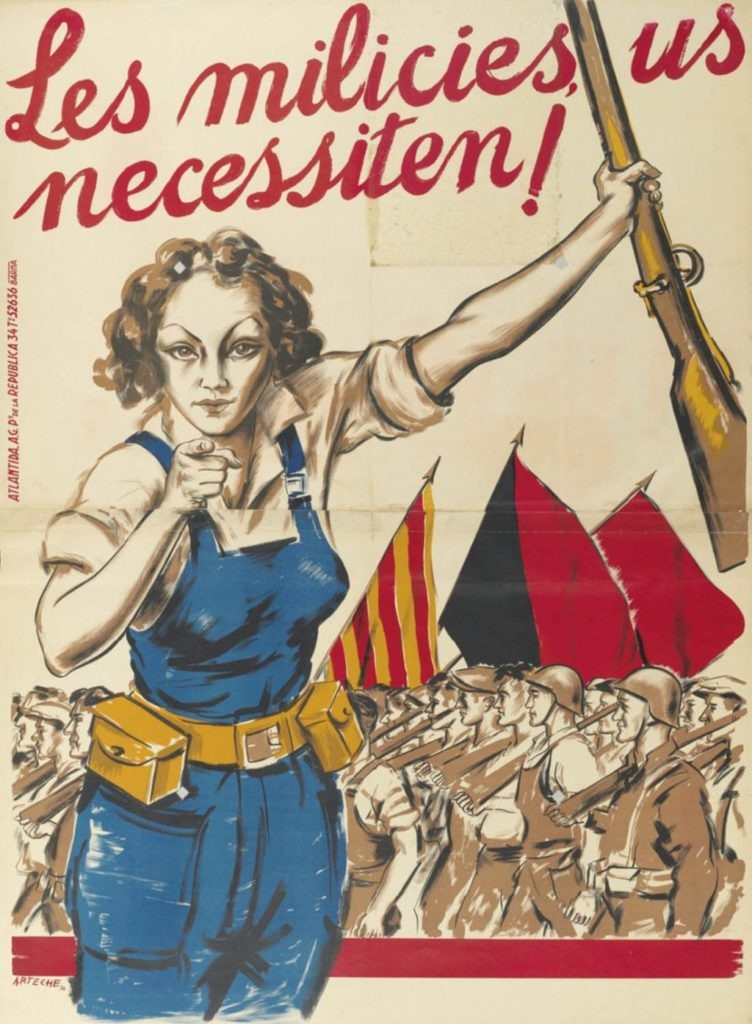
Republican propaganda poster (Translation: “The militia needs you!”)

Nationalist propaganda poster (Translation: “Get the Guns: The Homeland, the Bread, and the Justice”)
In 1936, Franco and a large part of the Spanish Army rebelled against the Republic of Spain launching the Nationalist campaign. They were able to quickly gain territory across Spain and its territories. Allegiances were not always clear-cut during this conflict. The Republic, with the army rebelling, had to recruit the people to fight for them. The Nationalists received aid from Fascist Italy and Nazi Germany. The Republicans received aid from the Soviet Union, as well as from International Brigades, composed of volunteers from Europe and the United States. The Republicans had very little support, and they had poor weapons and military training. Though they had support from some other countries, most powerful European countries did not want to get involved with the war. The International Brigades were essentially just volunteers from over fifty countries to assist them. Because the Republicans had so many different ideologies, there were many internal revolts. The Nationalists were much more unified in their goals. In addition, Germany and Italy were providing the Nationalists with better weapons, and military campaigns. In the end, the Nationalists won and took control over Spain.
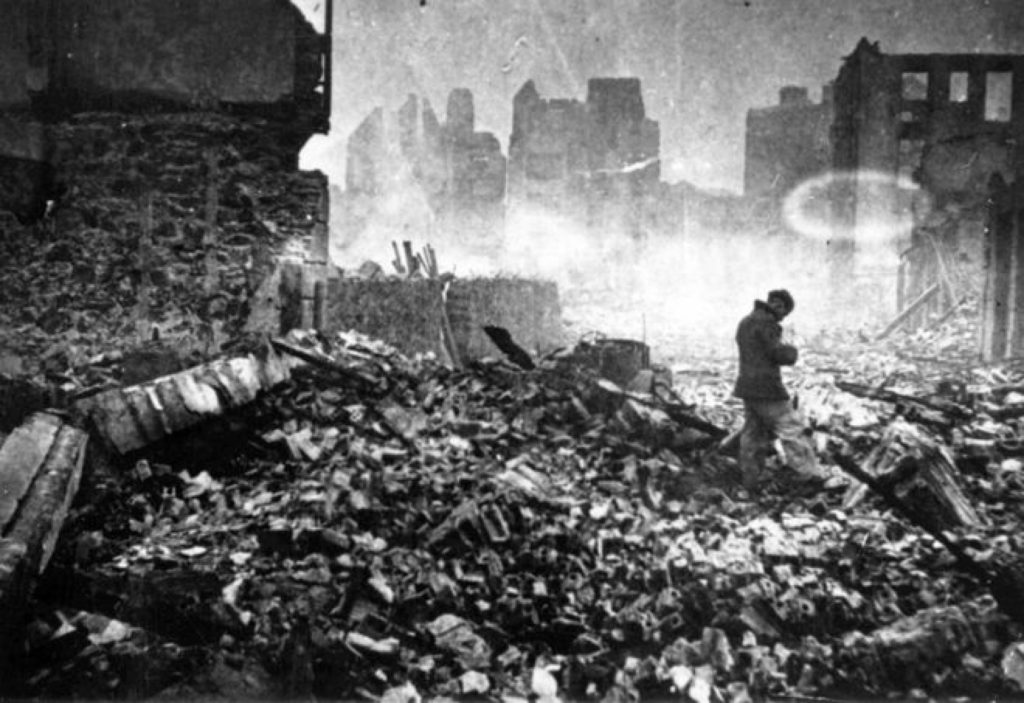
The aftermath of the bombing of Guernica
During the Republic in Spain, Catalunya was granted a lot of privileges including an autonomous government. It had been 200 years since the region had its own government, and Catalans were happy with the progress under the Republic. However, because of the Spanish Civil War, many of the Republic’s changes for Catalunya were reversed. Under Franco, the White Terror occurred, which was a series of politically motivated violence, rape, and other crimes committed by the Nationalist movement during the Spanish Civil War and during Franco’s dictatorship (1936-1975). This included the mass killings of people branded as Catalan and Basque separatists. Their regional languages of Basque and Catalan were forbidden, and the statutes of autonomy of Catalunya and the Basque country were abolished. Censorship of the press and of cultural life was rigorously exercised and forbidden books were destroyed. The post civil war era saw reduced rights and privileges for Catalans, which has left a wound that is felt even today.
Sources:
Beevor, Antony. The Battle for Spain: The Spanish Civil War 1936–1939. London: Penguin Books, 2006. Print.
Orwell, George. Homage to Catalonia. New York: Harcourt, Brace, 1952. Print.
Preston, Paul. The Spanish Civil War. Reaction, revolution & revenge. London: Harper Perennial, 2006. Print.
“Spanish Civil War”. Encyclopædia Britannica. Encyclopædia Britannica Online.
Encyclopædia Britannica Inc., 2016. Web. 05 June 2016. <http://www.britannica.com/event/Spanish-Civil-War>.

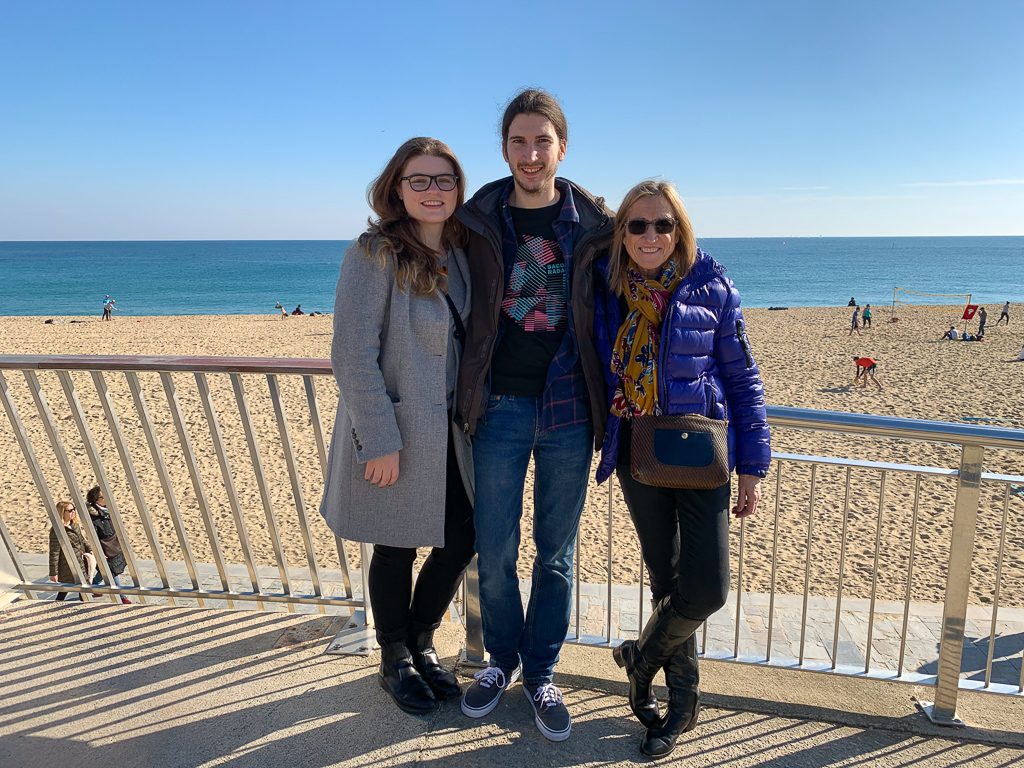
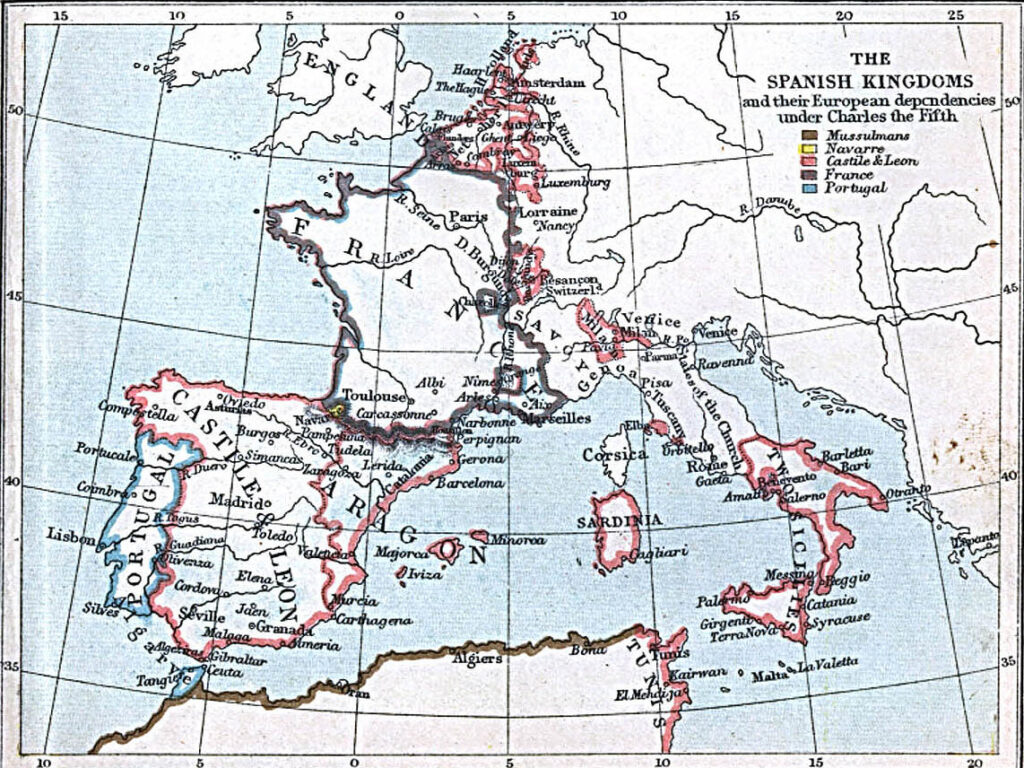

No Comments